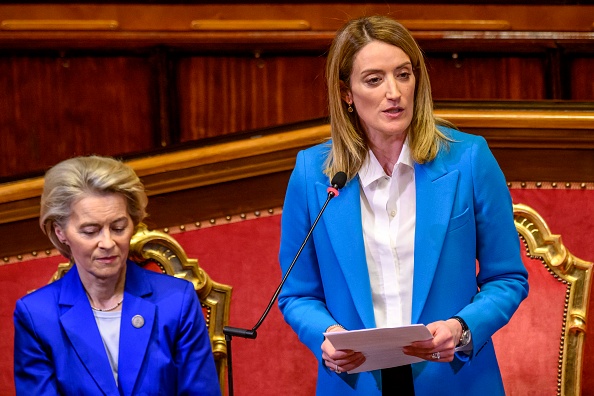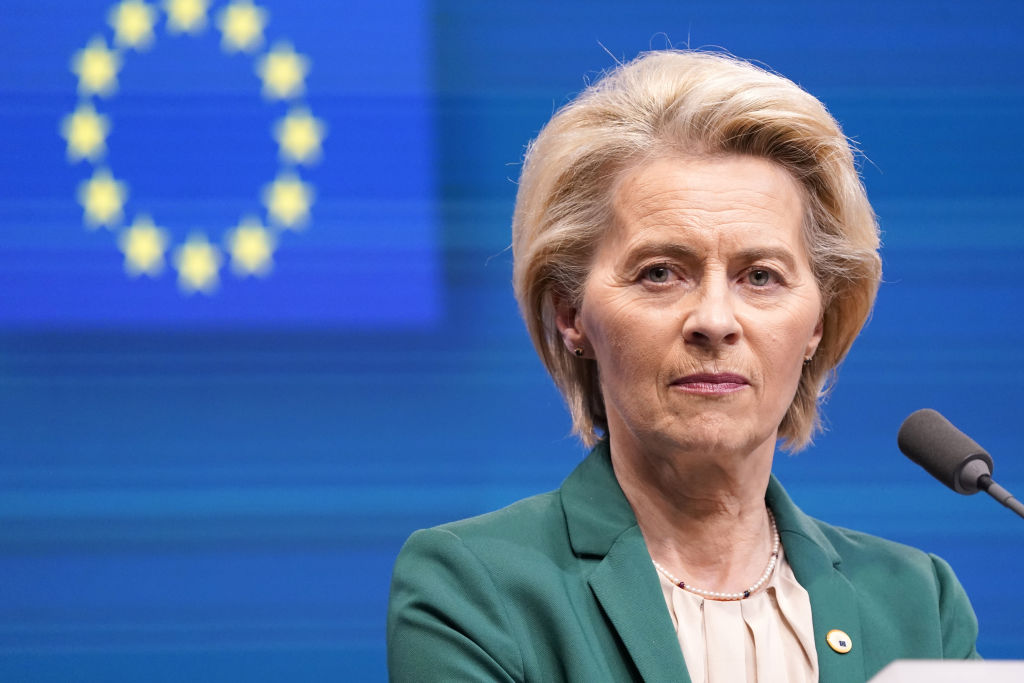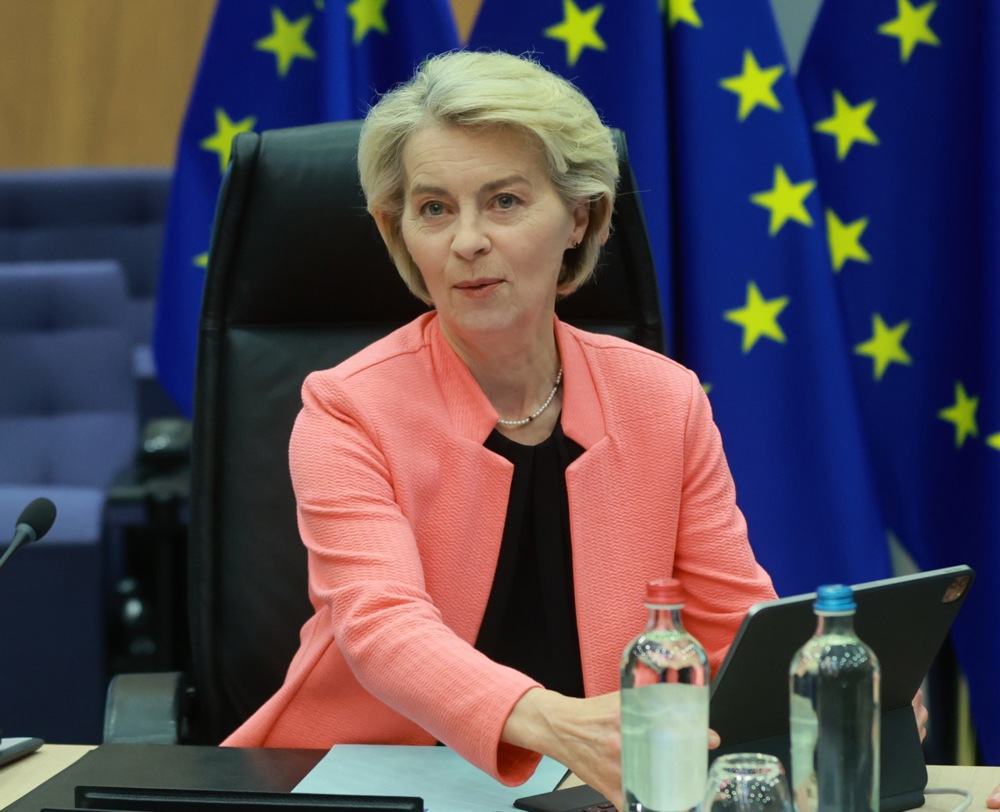European Union President Ursula von der Leyen has forged what is likely the strongest role for someone in her office in the EU’s history. That is perhaps why it’s increasingly possible she will not finish her second term of office.
Von der Leyen’s fingerprints are on almost everything the EU does. Trade negotiations with the United States. Forging an unprecedented EU programme to fund defence budgets for the member states. A comprehensive migration control package. The Green Deal. Any one of these initiatives would have been a lift for previous EU heads, but they are all part of Von der Leyen’s agenda.
This is where her political challenges begin to become manifest. A head of a member state’s government would only pursue such a broad set of policies if she headed a strong, solid governing party or coalition. Von Der Leyen increasingly does not have that staunch political backing.
Indeed, she has already faced three votes of no confidence this year alone. While her centrist coalition has held together, there are significant and clear differences among those parties that could create difficulties for her in the coming months.
Battles over the EU’s climate policy are growing increasingly tense. Von der Leyen’s centre-right European People’s Party is tilting toward watering some of those measures down as its member parties face increasing political pressure at home from parties to their Right. But Greens and Social Democrats remain staunchly committed to the aggressive goals.
The left-leaning parties and the Liberal Renew Europe groups are also upset at Von der Leyen’s occasional willingness to work with political forces to the EPP’s right. Giorgia Meloni’s European Conservatives and Reformists (ECR) group has avoided the open opposition that more populist rightist groups in the EU Parliament have taken toward Von der Leyen. As a result, she has rewarded them with some seats on her Commission and the EPP has sometimes sided with them in important parliamentary votes.
A vote taken last year on the legitimacy of Venezuelan President Nicolas Maduro’s regime following an election that is widely believed he stole is indicative. The EPP sided with the ECR and the two populist groups to the ECR’s right – the Patriots for Europe and the Europe of Sovereign Nations groups – to pass a non-binding resolution recognising Maduro’s opponent in that election as the country’s legitimate president. This “Venezuela majority” holds a majority of parliamentary seats and has reformed on occasion to defeat ideas pushed by the Left.
It’s increasingly clear that the centrist coalition, like other centrist coalitions in countries like France, Austria, and Denmark, find it harder to work in concert than in prior years. Populist movements to the Left and Right are gaining strength, pulling the parties in opposite directions as they seek to retain their waning power.
Projections for the next EU elections in 2029 clearly demonstrate this trend. Both Europe Elects and Der Föderalist show gains for the three more rightist groups and the far-left Left group at the expense of the EPP, Social Democrats, and Greens. Indeed, the three rightist groups would easily form the largest parliamentary faction according to the projections if they could combine forces, displacing the EPP.
Faced with these challenges, one can forgive Von der Leyen if she looked over her shoulder for an honourable way out. The forthcoming German presidential election might provide that option.
Germany will elect its president in February 2027. The largely ceremonial role is elected by a Federal Convention consisting of all 630 members of the federal Bundestag and an equal number of persons elected by the state (Lander) parliaments weighted by that state’s population. Von der Leyen’s Christian Democratic Party and its Bavarian partner, the Christian Social Union, will easily dominate this gathering since they hold the largest number of seats in the Bundestag and in most of the country’s largest states.
This opens up the possibility that the CDU/CSU could seek to promote Von der Leyen out of her predicament. Germany has never elected a female president, and CDU Chancellor Friedrich Merz has said he would prefer that a woman become the next president. Von der Leyen is easily the most prominent female politician in the CDU apart from Merz’s longtime antagonist, former Chancellor Angela Merkel.
Such a move also frees the EPP to make new parliamentary alliances. The European Council would have to suggest a replacement for her, which would then have to be approved by the parliament. The Venezuelan majority, then, could theoretically form a coalition and completely remove the Left from power for the first time.
That is an unlikely outcome given the gulf between some of those parties and the EPP on matters such as support for Ukraine. But that doesn’t mean that the EPP might not want to use a vacancy to recast the terms of its coalition more to its liking, allowing it to better position itself against its rightist competition.
Von der Leyen may see out her term, for better or for worse. But she might recall British politician Enoch Powell’s infamous quip that “all political lives end in failure” and try to arrange her own exit from the stage before she is forced off it.





